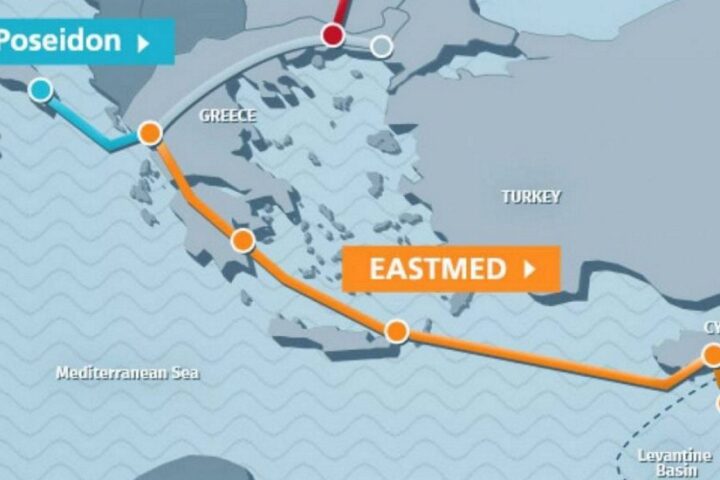The use of internet-connected devices has increased from 2020 to 2022 in Cyprus, at a much larger rate than the wider European Union, according to Eurostat.
In 2022, 65.7% in Cyprus aged between 16 and 74 (51.9% in the EU) used an internet-connected TV, 17.6 percentage points (pp) higher than in 2020 when the share stood at 48.1% (8.9 pp increase in the EU compared to 43.0% in 2020).
The use of smart wearables also experienced a notable uptick, with 23.5% aged 16-74 in Cyprus (25.8% in the EU) using smartwatches, fitness bands, connected goggles or headsets, safety trackers, connected clothes or shoes and other internet-connected accessories.
This represents an increase of 15 pp (from 8.6% in 2020), while in the EU, there was an increase of 9 pp (17.1%).
Internet-connected game consoles were also popular in 2022, as 11.3% of people aged 16-74 in Cyprus (20.1% in the EU) used them.
Virtual assistants, such as smart speakers or apps, were used by 5.4% of people in the same age group (13.4% in the EU), while 7.0% in Cyprus (10.1% in the EU) used internet-connected solutions for energy management, such as connected thermostats, utility meters, lights, or plug-ins.
Among the EU countries, the use of an internet-connected TV was notably high in Malta, where almost 8 out of 10 people used an internet-connected TV (78%), followed by Spain (69%), Sweden and Ireland (both 68%) and Cyprus (66%).
On the opposite side, Bulgaria (30%), Croatia (35%), Poland (38%), Greece (39%) and Romania (40%) were the EU countries with the lowest shares of people using an internet-connected TV.
Despite the high increase in the use of internet-connected devices between 2020 and 2022, a considerable number of people reported not using these devices.
A total of 41% aged 16-74 who had never used any internet-connected devices cited the lack of necessity as the main reason for their non-use.
However, this percentage reflected a 2 pp decrease from 2020.
The next most common reason for non-use was the associated cost.
Some 10% aged 16-74 considered the cost too high.
The associated share in 2020 was 11%. This was followed by the share of persons concerned about the privacy and protection of personal data generated by those devices or systems (8%), down from 11% in 2020.
In Cyprus, the most common reason for not using such devices was the lack of necessity (44% compared with 53% in 2020), followed by cost (20% from 37% in 2020) and privacy concerns (12% from 20% in 2020).










